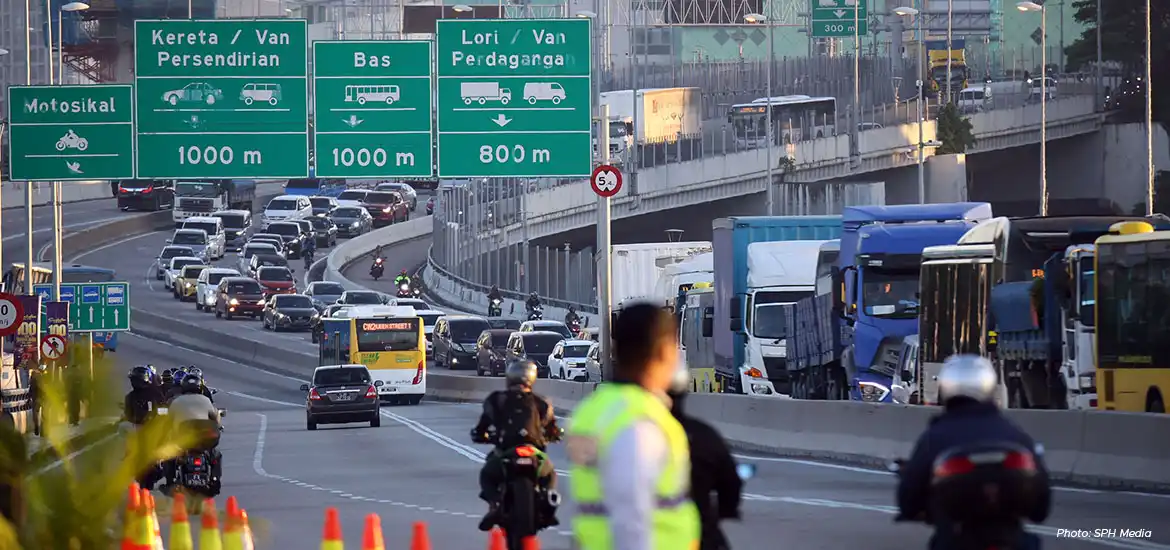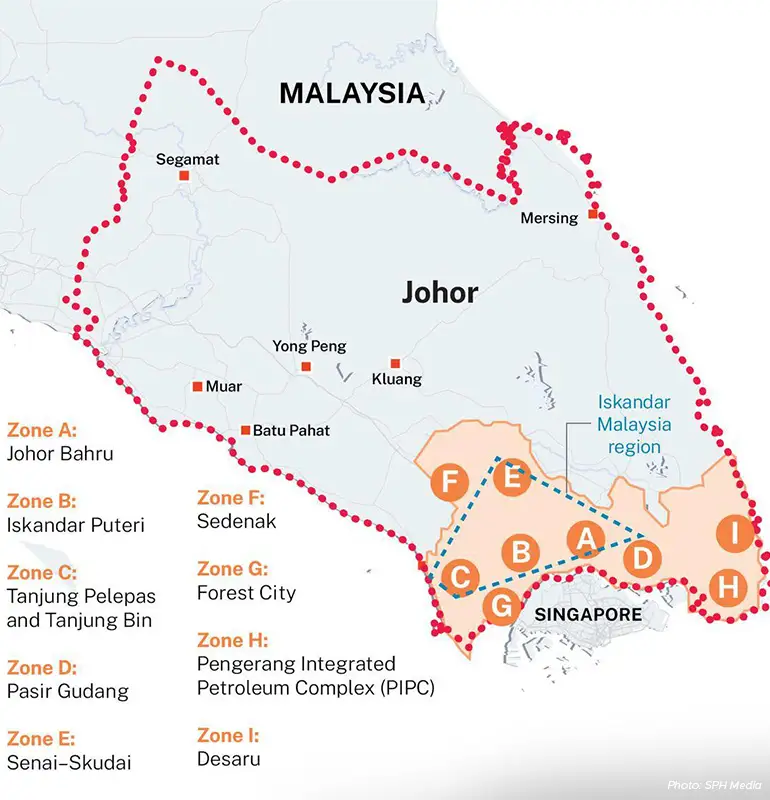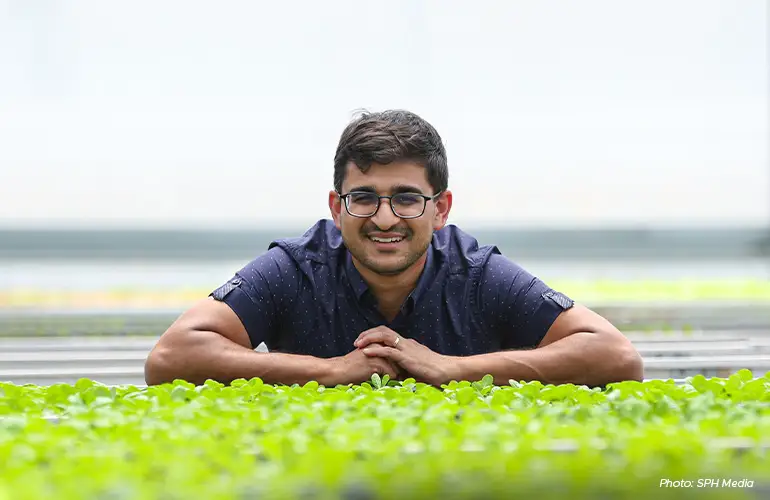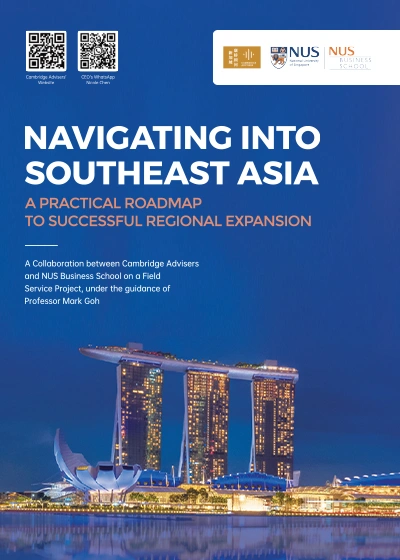Malaysia became “a very natural choice”, said Hana Lee, chief executive of Paris Baguette AMEA (Asia-Pacific, Middle East, and Africa).
The cherry on top? Paris Baguette can now expand into two new markets: the Middle East (with its halal facility) and Australia (because of proximity).
And instead of keeping two months’ worth of stock, it is looking at a two-week lead time with weekly truck-ins from Malaysia to ensure freshness of goods, said Lee. Shipping time will reduce from two weeks to a few hours.
Navigating hurdles
As with all border crossings, concerns of congestion and operational inefficiency rank high.
The way Paris Baguette’s Lee sees it, a potential hurdle could be difficulty in “navigating the Malaysian environment” when it comes to securing the necessary approvals – although she maintained that one-stop centre Invest Johor has been instrumental in smoothing out such bumps.
Lee added that a more simplified approach to import and export taxes and customs processes could significantly speed up goods movement.
SBF’s Teo concurred that the set-up of the Invest Malaysia Facilitation Centre is welcome.
“This has been a perennial bugbear for our businesses, which have to navigate a fragmented process involving multiple agencies for approvals and licences,” he noted.
He added that early initiatives such as streamlined customs procedures for land intermodal transhipments help reduce paperwork and expedite goods processing.
The implementation of a passport-free QR code clearance process at Singapore’s land checkpoints has also eased congestion, he said.
The apex business chamber hopes the Malaysian authorities will “move forward quickly to reciprocate the arrangement in Malaysia’s land checkpoints and expand the clearance capacity and associated infrastructure to further ease the flow of people and goods”.
For Paris Baguette, another factor that would be spot-on in addressing hurdles is clearer regulatory compliance for already-operational businesses, as several current initiatives are more beneficial for those starting to invest.
Things such as a standardised checklist that businesses can follow through on an annual basis after the business is up and running would be helpful, said Lee.
RMS’ Seow hopes for special passes, say, for management personnel commuting routinely between both countries.
“With time, (such frequent commuting) will stabilise,” he said. “But when we talk about business, having the option is just as important as it gives the management a lot of comfort that if needed, people can exercise it.”
The key success driver would be the facilitation of people and goods across customs, he added, and the official signing of the JS-SEZ is “a great first step”.
Source: The Business Times © SPH Media Limited. Permission required for reproduction.











